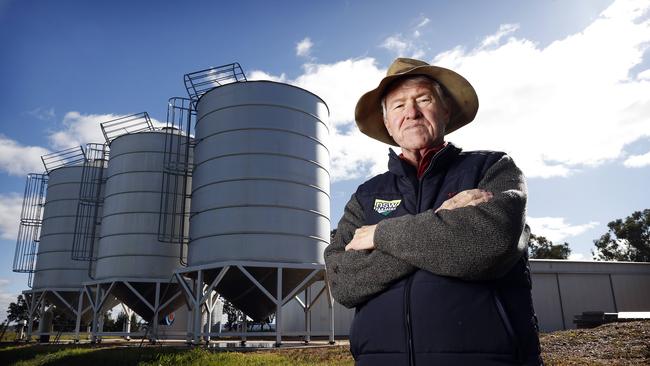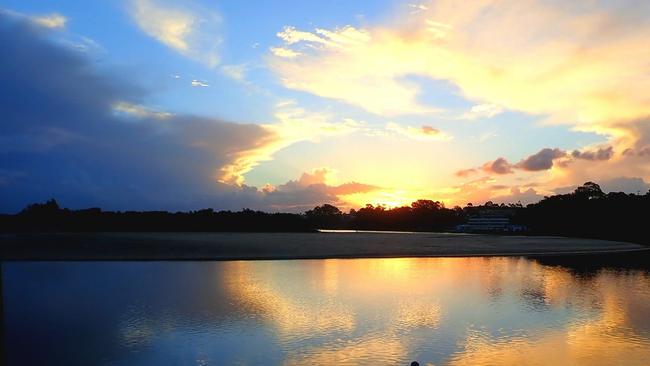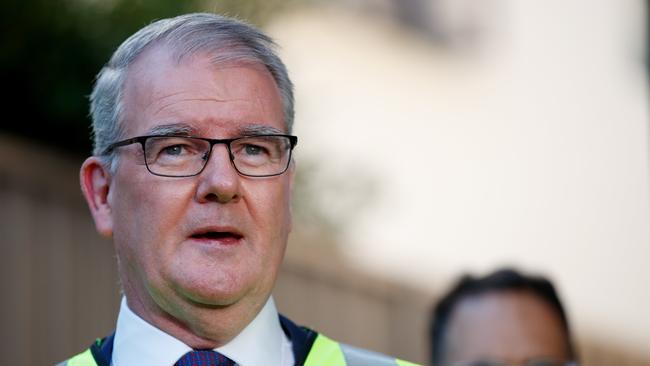NSW Government shoots down calls for changes to daylight savings after petition tops 700 signatures
The NSW Government has shot down calls for an overhaul of daylight savings after hundreds of residents signed a petition calling for changes to the “draconian” system.
Local
Don't miss out on the headlines from Local. Followed categories will be added to My News.
The state government has shot down calls for an overhaul of daylight savings after hundreds of residents signed a petition calling for changes to the “draconian” system.
Farmers were among more than 700 people who signed a petition to state parliament, calling for daylight savings to be scaled back from six months to four over concerns the current state of affairs was negatively impacting regional communities in the hottest part of the year.
The NSW Farmers Association backed the overhaul, saying the conditions in Sydney could be very different to those people experienced in regional areas of the state.
NSW Farmers Association president Xavier Martin said while daylight savings may be popular in coastal cities, where people could enjoy outdoor activities and swim after work, the sweltering summer conditions meant children were going to school on rural roads when it was dark and returning home in the hottest parts of the day.
“Shortening the daylight savings period, but not ending it completely, would make a real difference for our rural communities around the state,” he said.

“During the autumn daylight savings period, farmers are still forced to work for longer periods in the dark, while rural children are returning home on long bus rides in the hottest part of the day.
“Australia’s daylight savings period has been greatly extended over time since its introduction in 1971, and we believe shortening this period by one month either side would be very beneficial for rural Australians.”
But NSW Attorney-General Michael Daley said there were no plans to change the current six-month daylight savings periods, noting the current terms were synchronised with Victoria, South Australia, Tasmania and the ACT.
He said this “improves business operation conditions by ensuring consistency”.

“Any changes to the length of the daylight saving period would require agreement with other jurisdictions in order to avoid a range of cross-jurisdictional issues,” he said in a statement responding to the petition.
“Any change would require legislative change (and) there are currently no plans to make legislative changes to the provisions relating to Australian Eastern Daylight Time in NSW.”
Daylight savings, initially used in Australia as a temporary measure to reduce fuel consumption during both world wars, was introduced in NSW on a permanent basis in 1971.

While daylight savings remains in place in NSW, Victoria, Tasmania, South Australia and the ACT, it is not applied in Queensland, the Northern Territory or Western Australia.
The NSW Farmers Association said the difference in hours could impact on communities along the border of Queensland and NSW border, where people had to switch time zones when leaving one state and entering the other.
Mr Martin said research into daylight savings had also shown an impact on health, with sleep patterns and circadian cycles disrupted.
A total of 734 people signed the petition to NSW Parliament.





